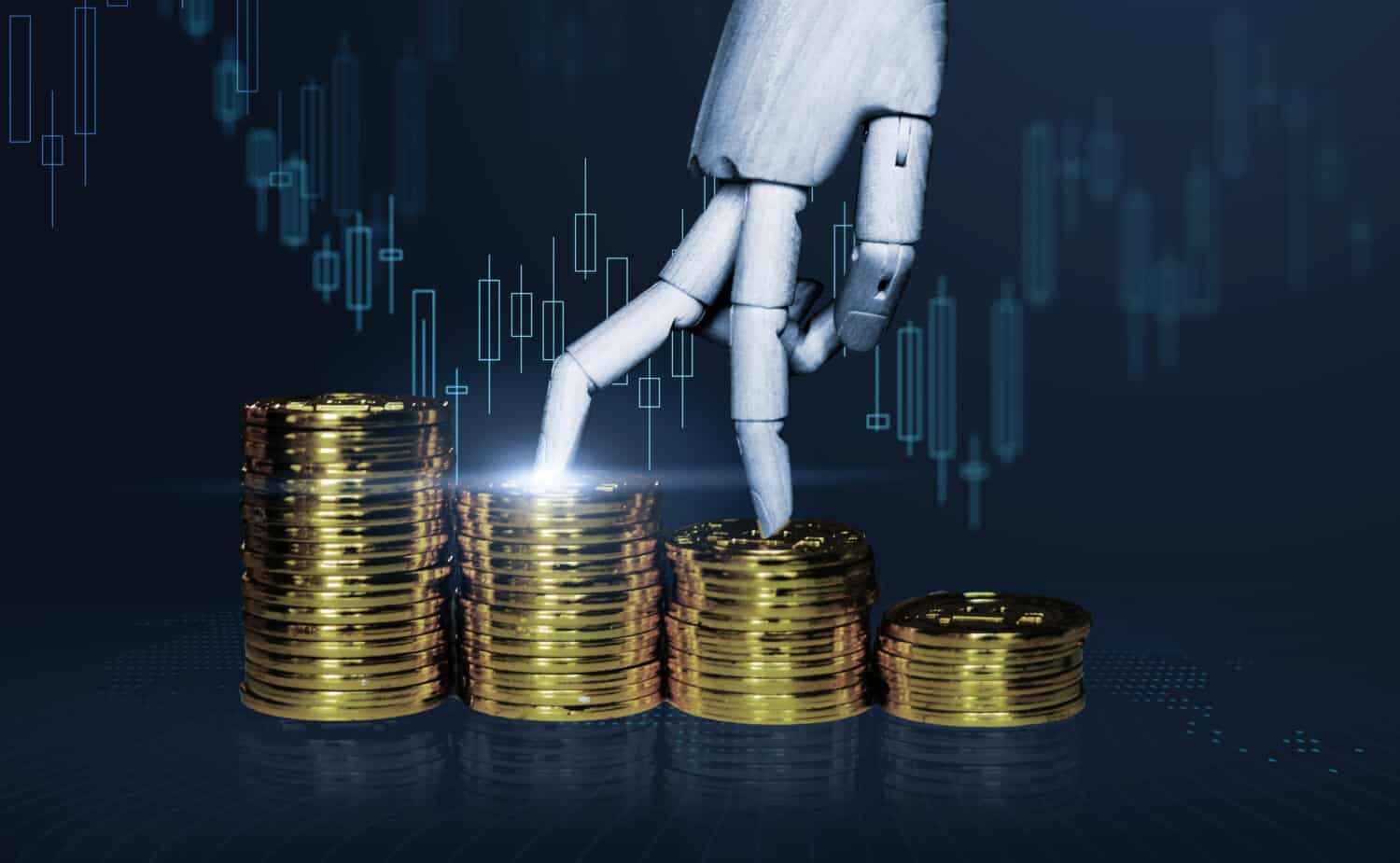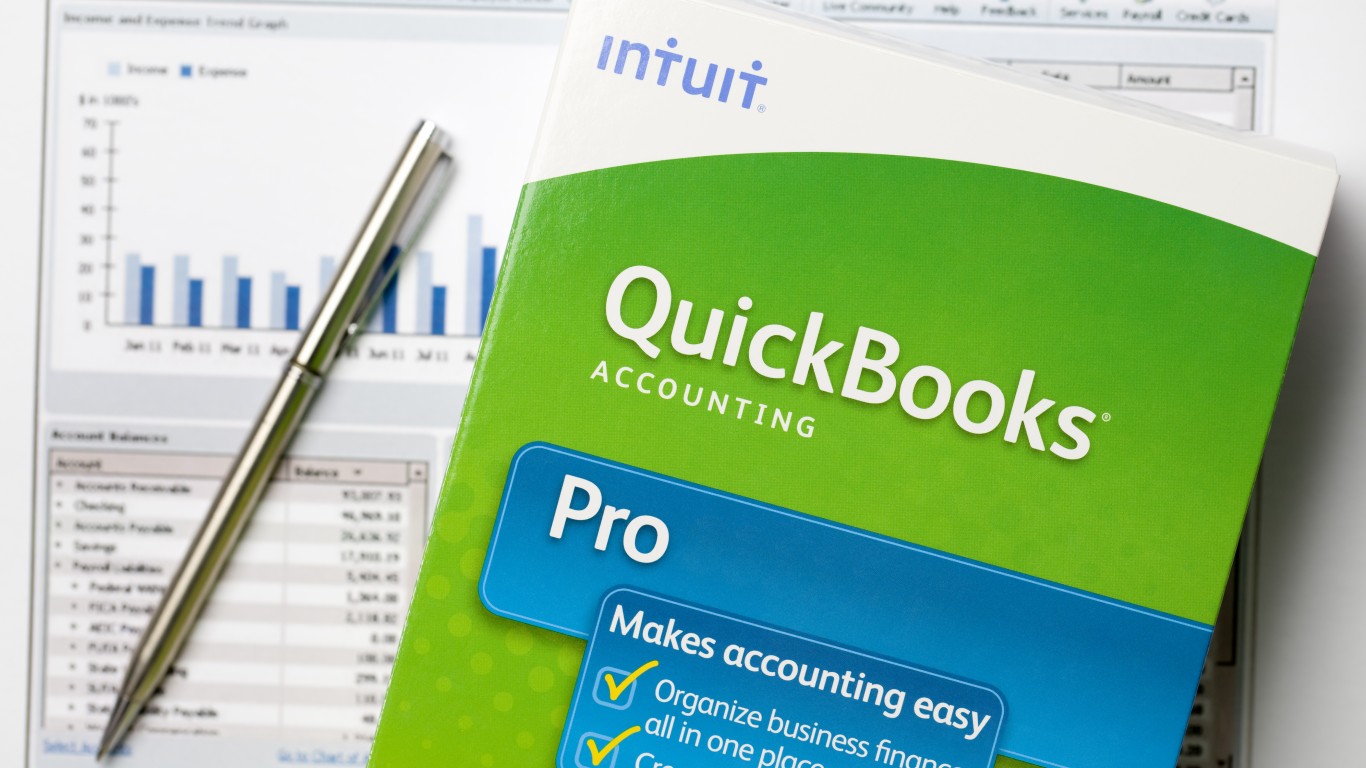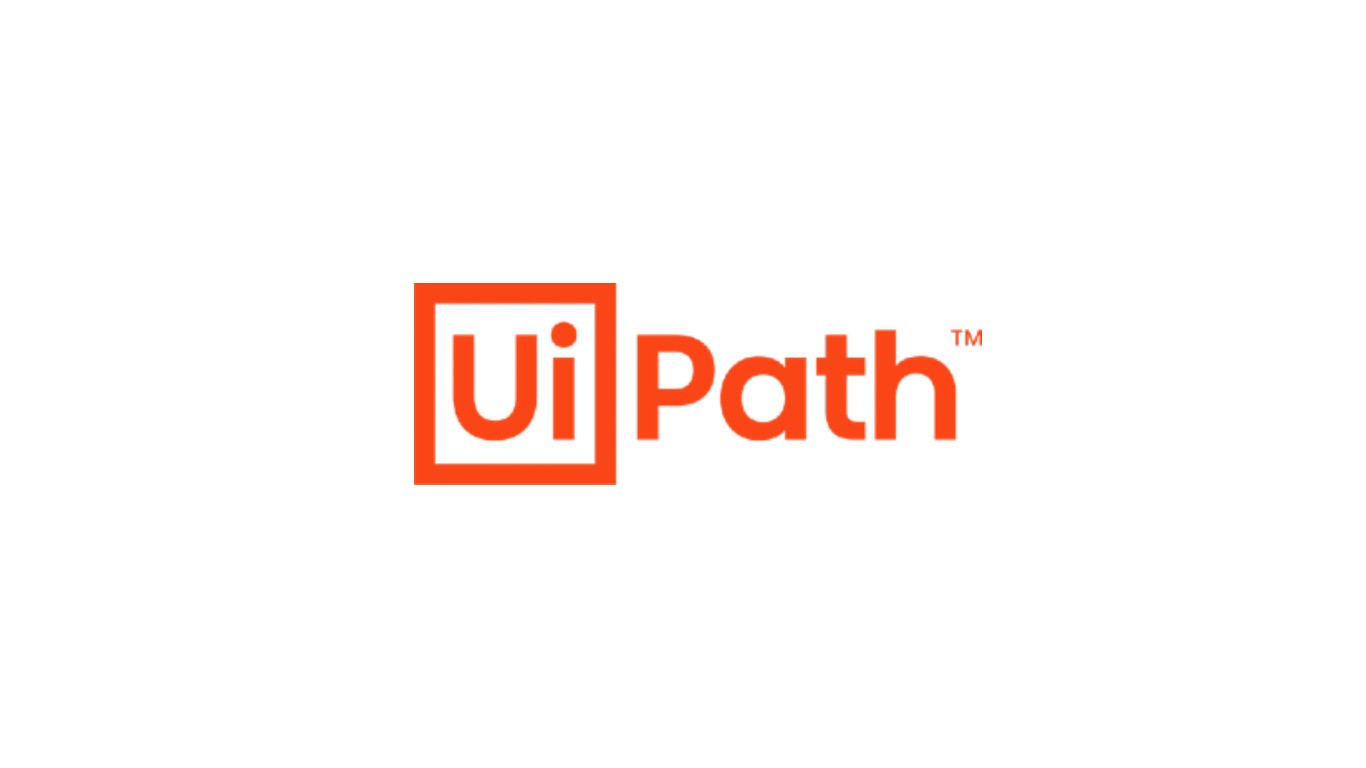
Tech investors have continued to focus on the growth potential artificial intelligence provides. Companies that aren’t utilizing AI technology to improve their processes are largely being ignored by investors, with the focus increasingly on companies that can leverage new technologies and innovative strategies to amplify their growth trajectories over the long-term.
Interestingly, AI technology is increasingly being utilized across a range of sectors. It’s not just the semiconductor and tech sectors that are being positively impacted by this new technology. Companies in the digital finance space, robotics, healthcare and a number of other more mundane parts of the economy are looking to leverage AI technology.
The two companies I’m going to be comparing are ones I’d put in the unconventional AI beneficiaries bucket. Let’s compare and contrast the two, and see if we can draw any conclusions around where they could be headed, and the ultimate impact AI could have on their bottom lines.
Key Points About This Article:
- AI technology is much more pervasive than many investors think, with a range of sectors benefiting from the innovation AI brings.
- These two coampanies benefit in different ways from AI integrations, but are intriguing options to consider in their own right.
- If you’re looking for some stocks with huge potential, make sure to grab a free copy of our brand-new “The Next NVIDIA” report. It features a software stock we’re confident has 10X potential.
Intuit (INTU)

Reputable tax and finance software company Intuit (NASDAQ:INTU) stands out in the finance and accounting space when it comes to generative AI innovation and usage. Despite a recent tech sector slump, Intuit outperformed with a 25% gain versus the S&P 500’s 19% surge. Its steady earnings growth has supported consistent dividends, though its forward yield of 0.58% is below the tech sector average of 1.37%. Despite this, the company’s recent 15% dividend increase and low payout ratio suggest future hikes. By Q3, Intuit held $4.7 billion in cash but $6 billion in debt. The company forecasts a 13% revenue boost and a 17% earnings increase for 2024, with analysts expecting significant gains.
Intuit has a diverse range of products, but four of its core are MailChimp, TurboTax, QuickBooks, and Credit Karma. These software are mostly used by companies of all sizes, and have proven effective when it comes to managing taxes, credit scores, and even email marketing.
The company operates in four segments: Small Business & Self-Employed, Consumer, Credit Karma, and ProTax. QuickBooks and MailChimp account for 56% of revenue, TurboTax 29%, and holds a 70% market share for DIY tax filings. QuickBooks dominates with an 81% share in the $20 billion small business accounting market, which is projected to grow 9.2% annually through 2029.
Intuit’s strong market presence gives it access to vast data, which Jaluria believes can be leveraged with generative AI to enhance customer value. With tax filing being a universal need, Intuit sees a significant opportunity to use generative AI to improve and expedite responses to tax-related inquiries. This AI integration is expected to boost efficiency by supporting in-house experts and providing direct answers to customers.
UiPath (PATH)

UiPath (NYSE:PATH) has dropped 29.52% over the past year while the benchmark gained 18%. Despite this, its robotic process automation software continues to show strong growth and has allowed the company to retain solid market share. Currently valued around 4.8-times sales (which is down from its past 8.8-times multiple), I think this stock could rebound if growth targets are met. Analysts forecast a $1.41 billion revenue increase in fiscal 2025, which should provide strong potential upside for investors.
When it comes to effective robotic proces automation software options, UiPath is a top choice. The company streamlines repetitive tasks, enhancing both employee satisfaction and productivity. While it’s not known as an AI company, UiPath integrates AI to analyze data and draft responses. The RPA market is expected to reach $31 billion by 2030, and this makes the UiPath in a strong position for growth. Its long-term outlook also looks good despite facing scrutiny after its Q1 2025 earnings report.
Moreover, annualized renewal run-rate (ARR) is a crucial metric to consider as well. This reflects the yearly value of subscription invoices rather than fluctuating quarterly revenues. In March, UiPath projected Q1 ARR up tp $1.513 billion, with actual results hitting lower at $1.508 billion.
PATH hit a 52-week low of $10.38, marking a 29.04% decline over the past year. The drop reflects investor concerns amid market volatility and tech spending shifts. In response, UiPath announced a 10% workforce cut to boost efficiency, with restructuring costs estimated at $17-$25 million and completion expected by early fiscal 2026.
Bottom Line
Both Intuit and UiPath are focused on integrating AI technology into their core business models. Over the long-term, both companies should see a material benefit from their integrations and use of AI within their core business models.
In my view, UiPath likely has more to gain from its integrations. Customer service and generative AI integrations at Intuit are great. But utilizing AI to analyze data within the robotics and business automation sector likely has more potential to actually impact UiPath’s bottom line over the long-term.
Thank you for reading! Have some feedback for us?
Contact the 24/7 Wall St. editorial team.





